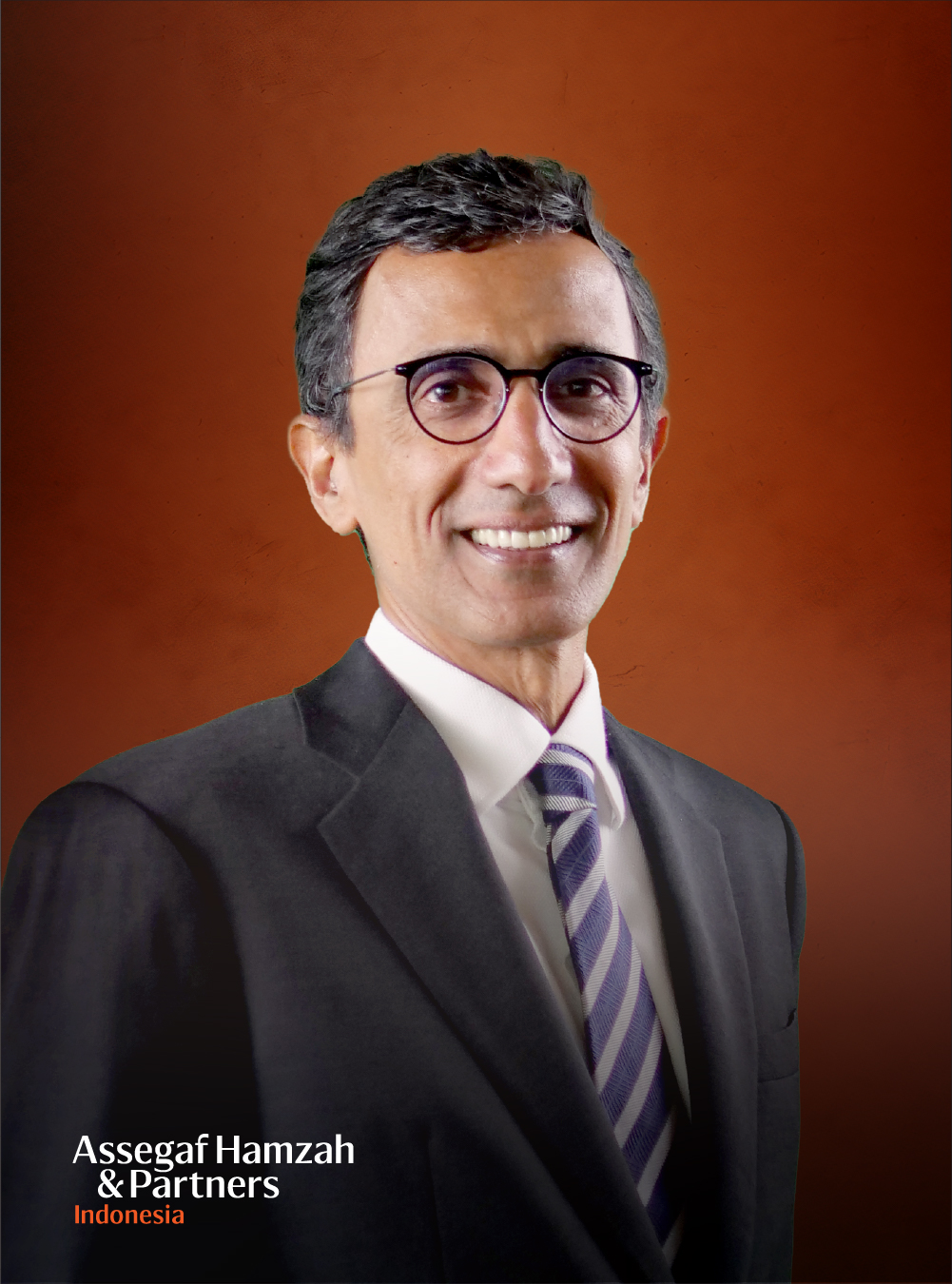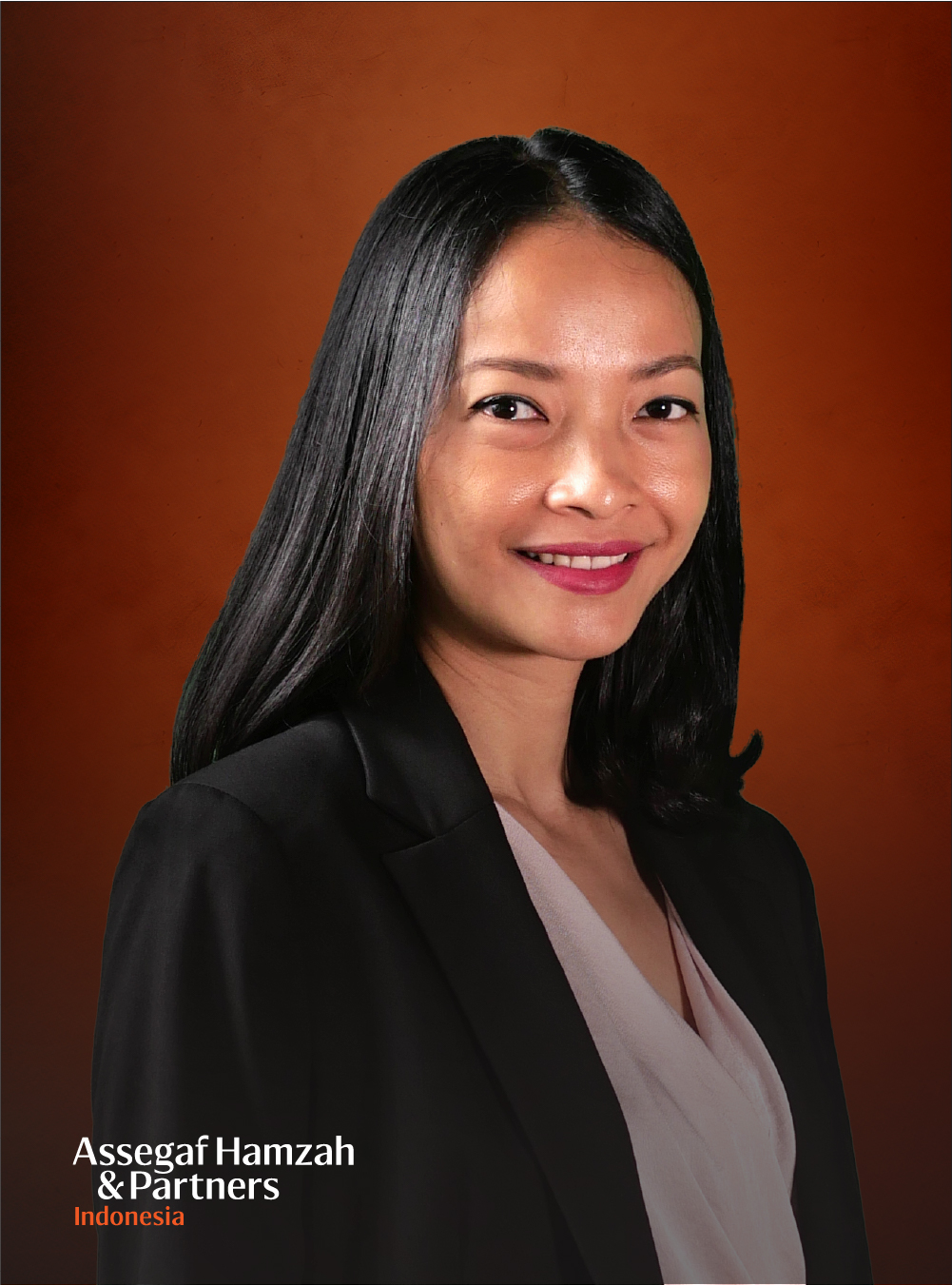Indonesia Updates Beneficial Ownership Disclosure Rules: Major Changes that Will Affect Every Business

In its ongoing efforts to combat money laundering and terrorism financing (TPPU/TPPT, which refers to Tindak Pidana Pencucian Uang/Tindak Pidana Pendanaan Terorisme), the Indonesian government previously introduced the Minister of Law and Human Rights Regulation No. 21 of 2019 ("MOLHR Regulation 21/2019") on the Procedures for the Supervision of the Implementation of the Know-Your-Beneficial-Owner Principle by Corporations. This earlier regulation outlined how the government supervises corporations to ensure they disclose their beneficial owners.
Now, the Minister of Law has enacted a new regulation, Minister of Law Regulation No. 2 of 2025 on the Verification and Supervision of Corporate Beneficial Owners ("MOL Regulation 2/2025"), which became effective on 4 February 2025. This new regulation aims to enhance corporate compliance and ensure the accuracy of beneficial ownership data, replacing MOLHR Regulation 21/2019. However, it is important to note that corporations previously blacklisted or facing reporting restrictions under the old rules will remain blocked until they meet the requirements of the new regulation.
MOL Regulation 2/2025 represents a shift in approach, moving away from strict government supervision towards a system that places greater responsibility on corporations to ensure they are complying with the rules. The key changes introduced by MOL Regulation 2/2025 are outlined below.
Broadening the Scope of Regulated Corporate Entities
MOL Regulation 2/2025 expands the types of subjects required to disclose beneficial ownership information, signifying a move towards greater transparency across a wider range of business structures. Specifically, the new regulation now explicitly includes civil partnerships (persekutuan perdata) and refines the classification of limited liability companies (perseroan terbatas or PT) by distinguishing between capital partnership companies (perseroan persekutuan modal) and individual companies (perseroan perorangan).
This expansion aligns with recent developments in Indonesian business law. Civil partnerships are now required to be registered with the Ministry of Law, and individual companies have been introduced as a new business form.
It is important to note that civil partnerships and individual companies are often used for small-scale businesses (UMKM). While this might suggest a limited impact on major corporations, it is crucial to recognise that MOL Regulation 2/2025 now extends ultimate beneficial ownership disclosure obligations to all corporate structures, including UMKM. Previously, such disclosure requirements primarily focused on larger entities, but now there is no exemption for small businesses. This represents a significant broadening of the regulation's reach, ensuring greater transparency across the entire business landscape.
Enhanced Corporate Obligations
MOL Regulation 2/2025 builds upon the previous rules by providing greater clarity on what corporations must do regarding beneficial ownership. While MOLHR Regulation 21/2019 required corporations to identify their beneficial owners, MOL Regulation 2/2025 strengthens these obligations by emphasising continuous compliance rather than a one-time registration.
Key aspects of these ongoing obligations include the requirements to:
- Update beneficial owner information at least once a year.
- Keep records and documentation of the company's beneficial owners.
- Complete a questionnaire related to beneficial ownership.
While MOL Regulation 2/2025 does not specify a timeline, the update of beneficial ownership information must be done periodically, with a minimum frequency of once per year, as outlined in Article 3. Hence, corporations are obligated to update their ultimate beneficial owner information annually, even if there are no changes to report.
Furthermore, corporations must also update their ultimate beneficial owner information whenever there is a change. Article 6 of MOL Regulation 2/2025 supports this, stating that verification is conducted during the reporting of establishment, changes, and updates. Therefore, corporations must not only update annually but also promptly whenever there are changes to the ultimate beneficial owner information.
The shift towards continuous compliance ensures that beneficial ownership remains current and accurate. This is a significant improvement, as beneficial ownership information has historically been difficult to obtain and maintain, often leading to outdated or inaccurate records. By requiring regular updates and maintenance of records, MOL Regulation 2/2025 aims to address these challenges, providing greater transparency and accountability in corporate ownership structures.
Verification of Beneficial Ownership
MOL Regulation 2/2025 introduces a risk-based verification framework to evaluate potential risks associated with money laundering and terrorism financing. This is a shift from MOLHR Regulation 21/2019, which introduced risk-based assessment as part of the supervisory implementation stages. This verification process applies to corporations, notaries, the Minister of Law, and other relevant authorities, and involves thoroughly assessing the accuracy and reliability of beneficial ownership information by cross-referencing it with supporting documentation. In addition, an electronic system will analyse the consistency and validity of the submitted data, comparing it against the information provided in the beneficial ownership questionnaire completed by the corporations.
To further ensure accuracy of information, the Ministry of Law, through the Director General of the General Law Administration (Administrasi Hukum Umum or AHU), may also conduct data verification, prioritising corporations that are considered high-risk. If discrepancies are found, the Director General may take steps to clarify the information.
These clarification efforts can be carried out in two ways:
- Direct clarification, by summoning the relevant company and/or conducting on-site inspections.
Direct clarifications can be conducted through teleconferencing, video conferencing, or other electronic means. Inspections can take place at the company's premise or another site designated by the Director General. The results of any direct clarification must be documented in a report with recommendations.
- Indirect clarification, which may involve reviewing documents and/or requesting statements or explanations.
Indirect clarification can also be conducted electronically. The results of indirect clarification must also be documented in a report with recommendations.
Monitoring and Compliance on AHU Website
We understand that for monitoring and follow-up purposes, the MOL provides a list on the AHU website of corporations that have not yet submitted their beneficial ownership reports. This list includes the names of non-compliant corporations and the total number of corporations that have not submitted their reports.
MOL Regulation 2/2025 also broadens the requirement to complete the beneficial ownership questionnaire. Previously, only corporations had this obligation, but now notaries must also complete it under certain circumstances, including:
- The establishment, registration, or legalisation of a corporation;
- Amendments to the corporation’s articles of association;
- Changes to the corporation's data; and/or
- Reporting, modification, or updating of information related to the corporation’s beneficial owners.
Finally, while corporations remain primarily responsible for determining their beneficial owners, MOL Regulation 2/2025 grants the Ministry of Law the authority to designate alternative beneficial owners based on verification outcomes, analytical assessments, and data processing.
Implications and Conclusion
MOL Regulation 2/2025 introduces a significant change by establishing a framework for administrative sanctions for non-compliance. While MOLHR Regulation 21/2019 did not explicitly outline such sanctions, MOL Regulation 2/2025 now specifies that sanctions may be imposed if a corporation fails to report its beneficial owner information or if the reported information is inaccurate.
These sanctions can include:
- Reprimands;
- Inclusion on a blacklist; and
- Access blocking to the or AHU online system.
We understand that in practice, the MOL will directly include non-compliant corporations in a blocking list. In this case, the corporations will have a minimum period of 14 days to fulfil their reporting obligations and be removed from the list.
It is also important to note that for small enterprises, the AHU system does not implement a blocking mechanism. Rather, compliance for these entities will be enforced through a notification system. Nonetheless, if a small enterprise wishes to amend its data, such as amending its articles of association or changing its management, it will have to report its ultimate beneficial owner information as an administrative prerequisite.
This new focus on sanctions, combined with the other regulatory modifications, means that corporations must ensure they thoroughly understand and comply with the provisions of MOL Regulation 2/2025. These modifications include the broader scope of regulated entities, enhanced corporate obligations, and the verification framework.
Overall, the enactment of MOL Regulation 2/2025 introduces a more structured and transparent framework for reporting beneficial ownership information, strengthening corporate compliance with reporting obligations. This new regulation streamlines oversight compared to MOLHR Regulation 21/2019 by reducing the layers of supervisory mechanism previously conducted by the government and revised the scope of corporate activities.
To mitigate potential enforcement actions and legal consequences, corporations should proactively review and update their beneficial ownership disclosure practices to align with the new regulation.
Have any Question please contact
GENERAL CORPORATE / M&A
Contribution Note
This Legal Update is contributed by the Contact Partners listed above, with the assistance of Ikram Hadi (Associate, Assegaf Hamzah & Partners) and Rayesha Ikram Hardono (Associate, Assegaf Hamzah & Partners).


